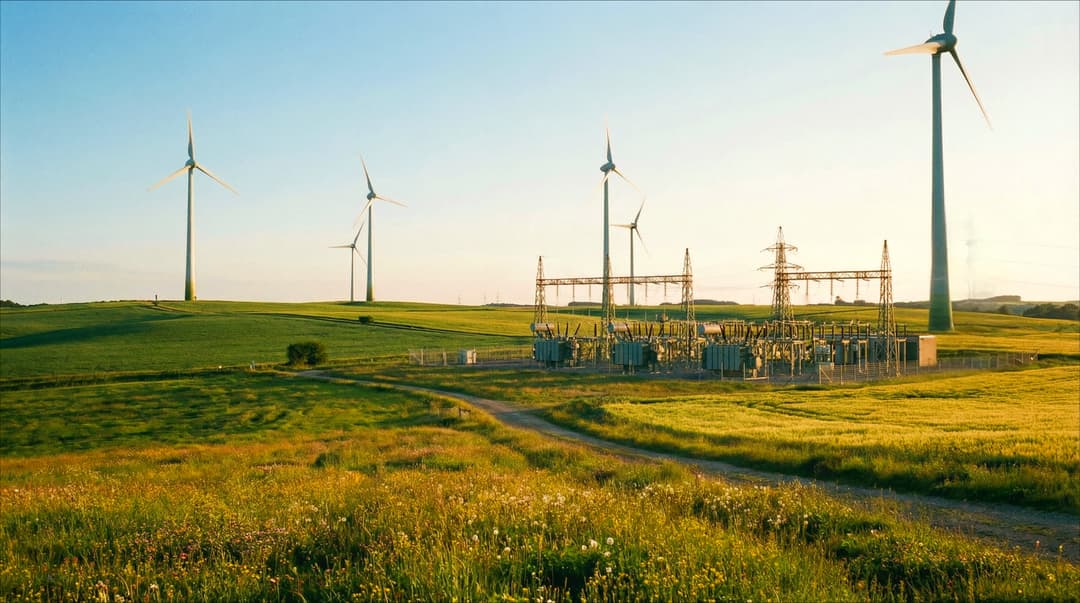News & Insights

Presse 29.01.2026
WAZ titelt - Wärmepumpe günstiger als Fernwärme
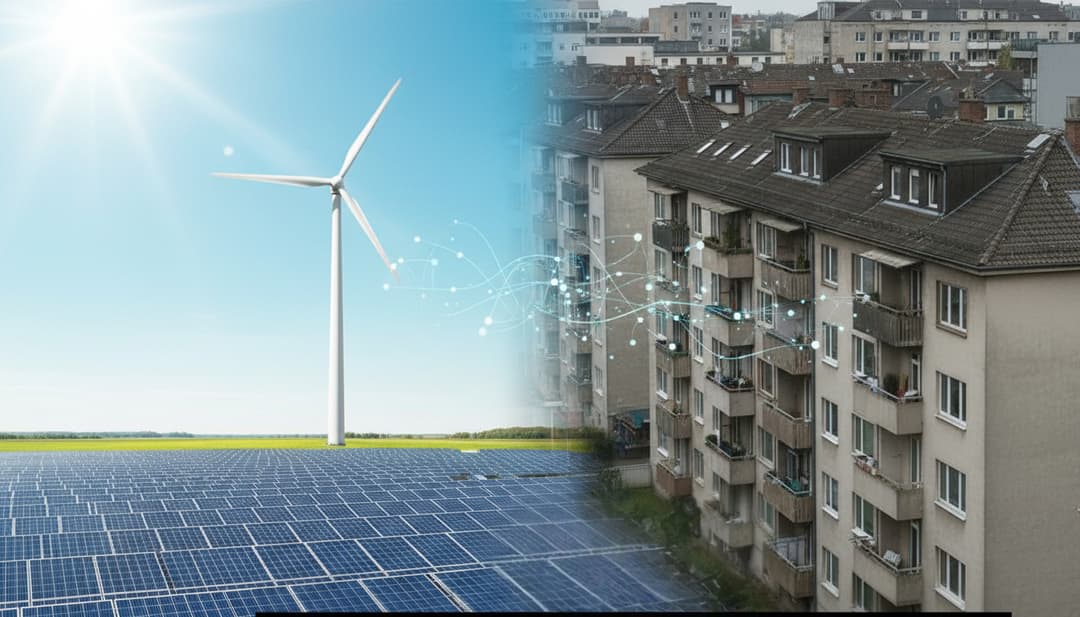
News 23.01.2026
Der Engpass der Energiewende liegt im Bestand – und genau dort entscheidet sich ihr wirtschaftlicher Erfolg
Einordnung auf Basis der Agora-Energiewende-Bilanz 2025 vom 9. Januar 2026

Presse 14.01.2026
Kevin Bär neuer Chief Sales Officer bei PAUL Tech
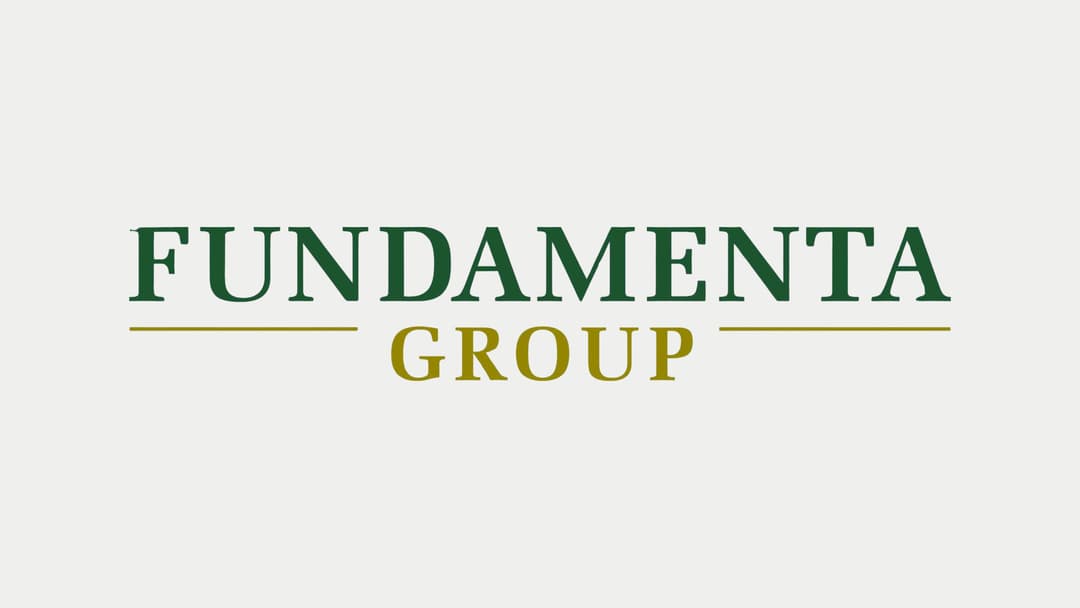

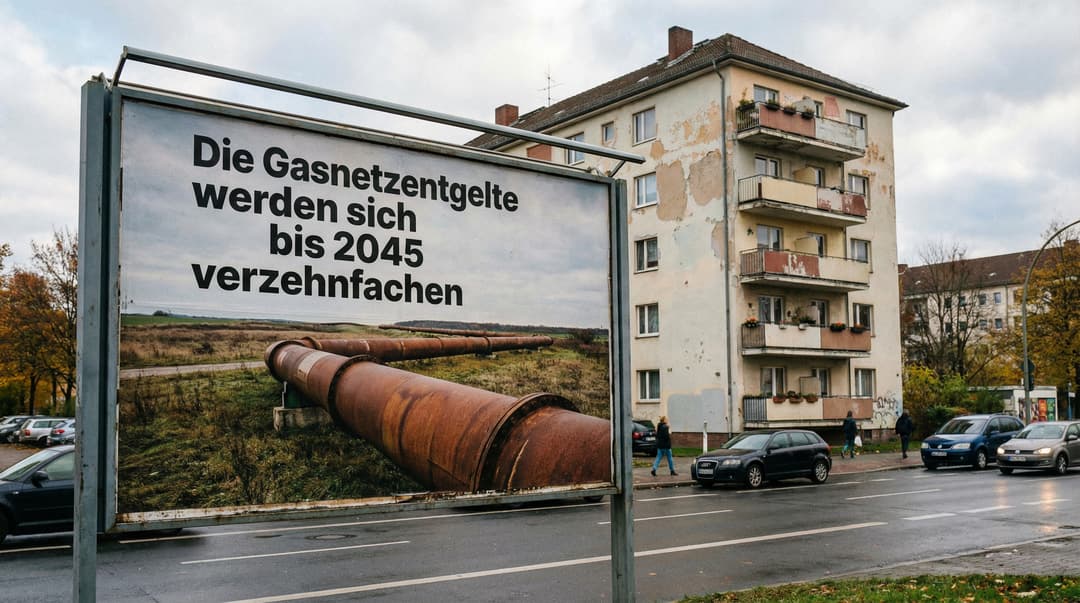
NEWS 11.12.2025
Gas is becoming expensive – electrification is becoming even more valuable
A new Fraunhofer study shows that gas network fees will increase tenfold by 2045. This is a game changer for the heating transition—and even more so for real estate investors. Those who still rely on gas today risk massive cost increases and losses in value. Digital and electrical solutions such as PAUL Net Zero now offer a clear financial advantage.

News 09.12.2025
Why can't the heating transition in existing buildings wait for hydrogen?
A recent Horvath study shows that energy suppliers are increasingly turning away from hydrogen as a solution for residential heating. Instead, they are investing in district heating, large-scale heat pumps, and digital services. This is exactly where PAUL comes in—with a technology platform that is already making existing buildings “green” today, without having to wait for the federal government's hydrogen strategy.
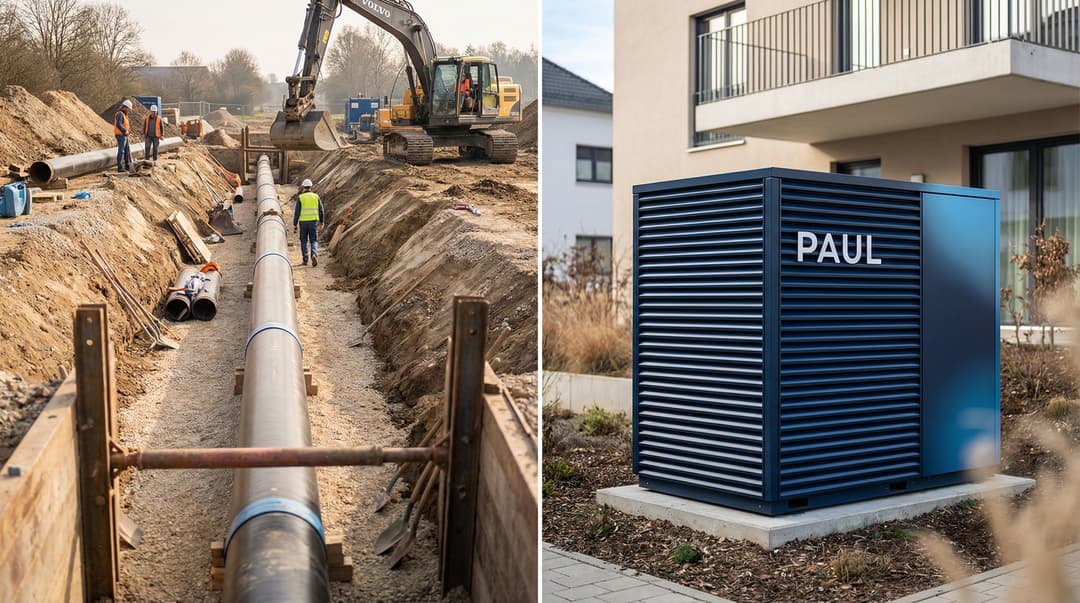
News 05.12.2025
Energy efficiency in Germany: Why progress is stalling – and how PAUL Tech is closing the crucial gap
The greatest efficiency lever lies in existing buildings
